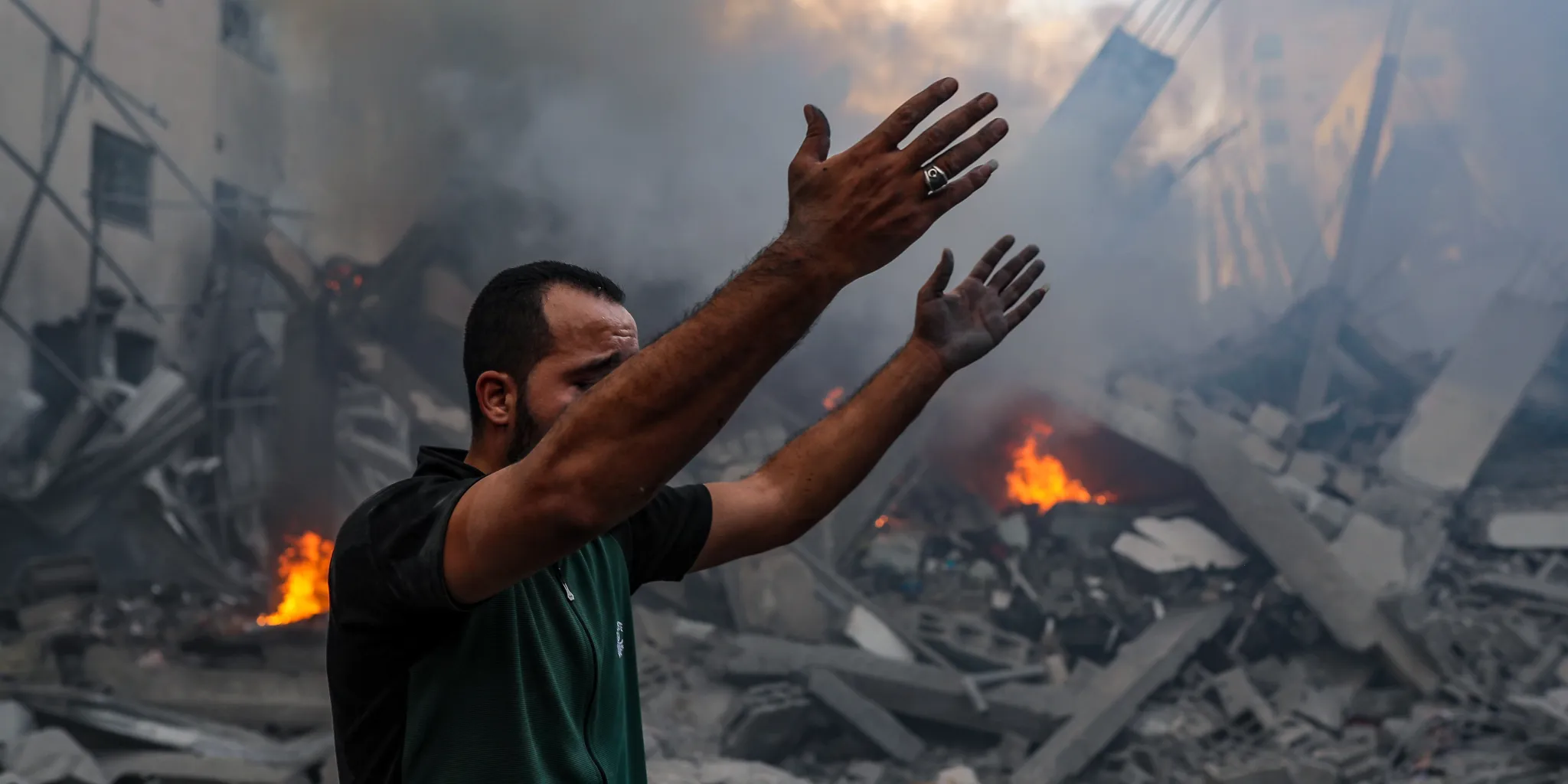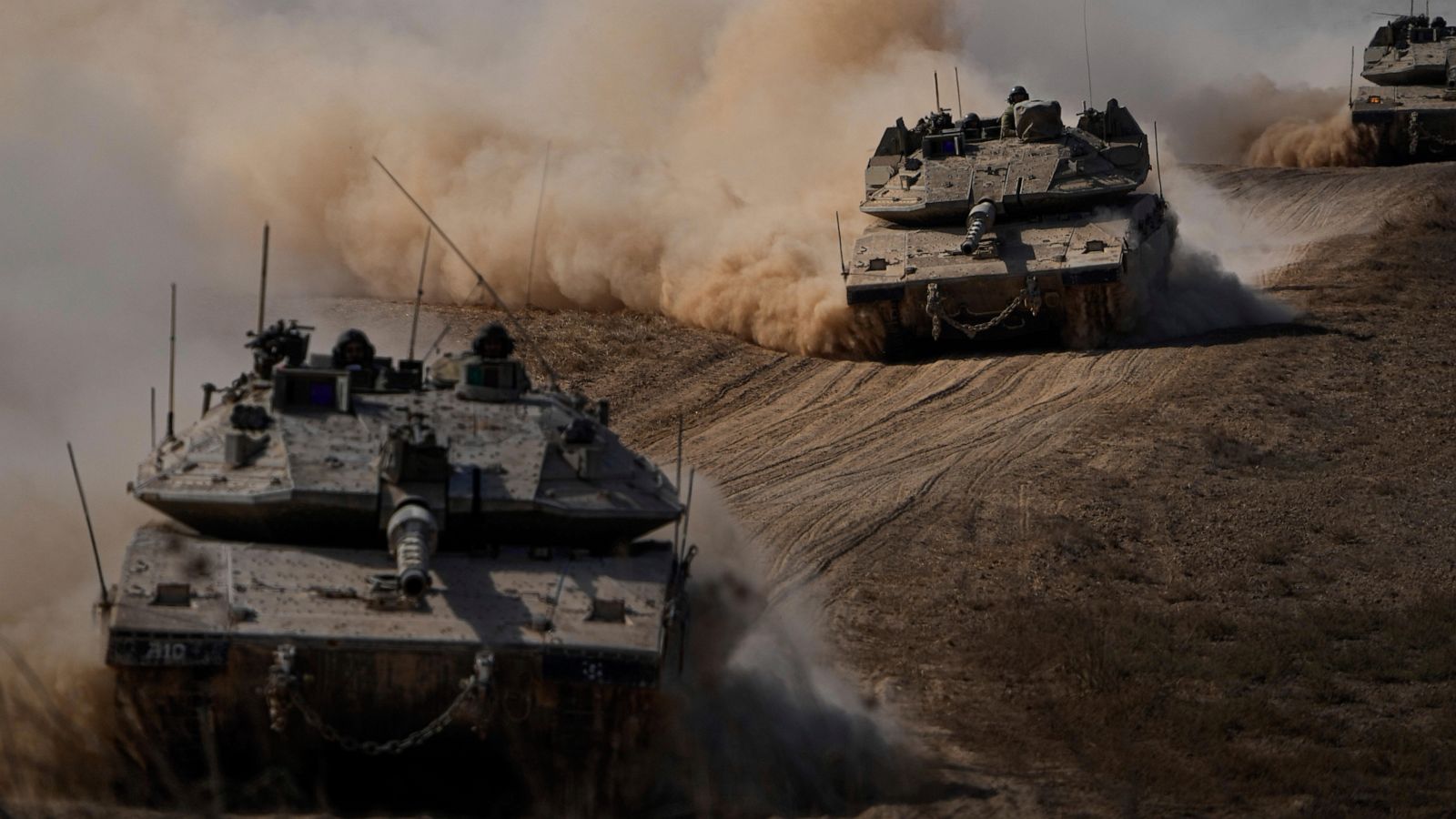War Crimes Laws
The Israel-Hamas conflict has been marked by allegations of war crimes and violations of international humanitarian law. This article delves into the war crimes laws applicable to the conflict, examining the legal framework, the alleged violations, and the challenges of enforcing these laws. By exploring the legal aspects of the conflict, we aim to shed light on the complex and contentious nature of war crimes and their role in addressing the ongoing hostilities.
Introduction
The Israel-Hamas conflict, characterized by decades of political strife, military operations, and civilian suffering, has been subject to intense international scrutiny due to allegations of war crimes. As the conflict continues, it is essential to understand the war crimes laws that apply to the situation, their implications, and the challenges of enforcing them.
International Humanitarian Law and War Crimes
International humanitarian law (IHL) is a body of international law that seeks to regulate the conduct of armed conflicts and protect individuals who are not taking part in hostilities. War crimes are serious violations of IHL committed during armed conflicts, and they are subject to prosecution under international law. The Israel-Hamas conflict has generated significant debate about the applicability and enforcement of these laws.
War Crimes Laws Applicable to the Israel-Hamas Conflict
Several key war crimes laws apply to the Israel-Hamas conflict:
- The Geneva Conventions: The Fourth Geneva Convention, in particular, is relevant to the protection of civilians in times of armed conflict. It prohibits acts such as willful killing, torture, and inhuman treatment, as well as the taking of hostages.
- Customary International Law: Customary international law consists of established practices and principles accepted as binding by the international community. Key customary rules include the prohibition of direct attacks on civilians and civilian objects, the obligation to distinguish between combatants and civilians, and the principle of proportionality.
- The Rome Statute of the International Criminal Court: The Rome Statute outlines a range of war crimes within its jurisdiction, including intentionally directing attacks against civilians, using them as human shields, and causing excessive harm to civilians and civilian objects.
- Other Treaties and Agreements: Additional international agreements, such as the Convention on the Rights of the Child and the Convention on Certain Conventional Weapons, also contain provisions relevant to the protection of civilians in armed conflicts.
Alleged War Crimes in the Israel-Hamas Conflict
The Israel-Hamas conflict has seen numerous allegations of war crimes and violations of international humanitarian law, including:
- Targeting Civilians: Accusations that both Israeli forces and Hamas have targeted civilian populations and infrastructure intentionally, causing civilian casualties.
- Use of Human Shields: Allegations that Hamas has used civilian facilities and populations as shields, placing them at risk in contravention of IHL.
- Blockades and Restrictions: The blockade of the Gaza Strip by Israel and Egypt has raised concerns about the collective punishment of the civilian population, which is prohibited under international law.
- Indiscriminate Attacks: Claims that both sides have engaged in indiscriminate attacks that fail to distinguish between military objectives and civilians, in violation of IHL.
- Settlements: The establishment of Israeli settlements in the West Bank has been criticized as potentially violating international law, as it may constitute an unlawful transfer of an occupying power’s civilian population into occupied territory.
Challenges in Enforcing War Crimes Laws
The enforcement of war crimes laws in the Israel-Hamas conflict faces several challenges:
- Jurisdictional Issues: Determining which courts have jurisdiction to prosecute war crimes in this conflict is a complex matter, given the sovereignty disputes and political sensitivity.
- Accountability and Impunity: Achieving accountability for alleged war crimes and ensuring that those responsible are held to account has been difficult due to political obstacles and a lack of cooperation.
- Political Sensitivity: The deeply politicized nature of the conflict makes it challenging to address allegations of war crimes objectively and impartially.
- Complex Legal and Factual Issues: Proving war crimes requires complex legal and factual assessments, which can be contentious and time-consuming.
- Deterrence and Peace: Balancing the pursuit of justice through war crimes prosecution with the need for peace and conflict resolution is a significant challenge.
International Investigations and Fact-Finding Missions
Several international bodies and organizations have conducted investigations and fact-finding missions to examine alleged war crimes in the Israel-Hamas conflict. These investigations aim to gather evidence, document violations, and provide recommendations for accountability. Notable examples include reports by the United Nations, human rights organizations, and the International Criminal Court’s preliminary examinations.
Conclusion
The Israel-Hamas conflict raises profound questions about the applicability and enforcement of war crimes laws. While international humanitarian law provides a robust legal framework for addressing violations, the complexities of the conflict, political sensitivities, and jurisdictional challenges present significant obstacles to achieving accountability for war crimes. In the face of ongoing hostilities, the quest for justice and accountability remains a complex and contentious issue, one that underscores the intricate interplay between international law, diplomacy, and peace in addressing conflicts marked by allegations of war crimes.



